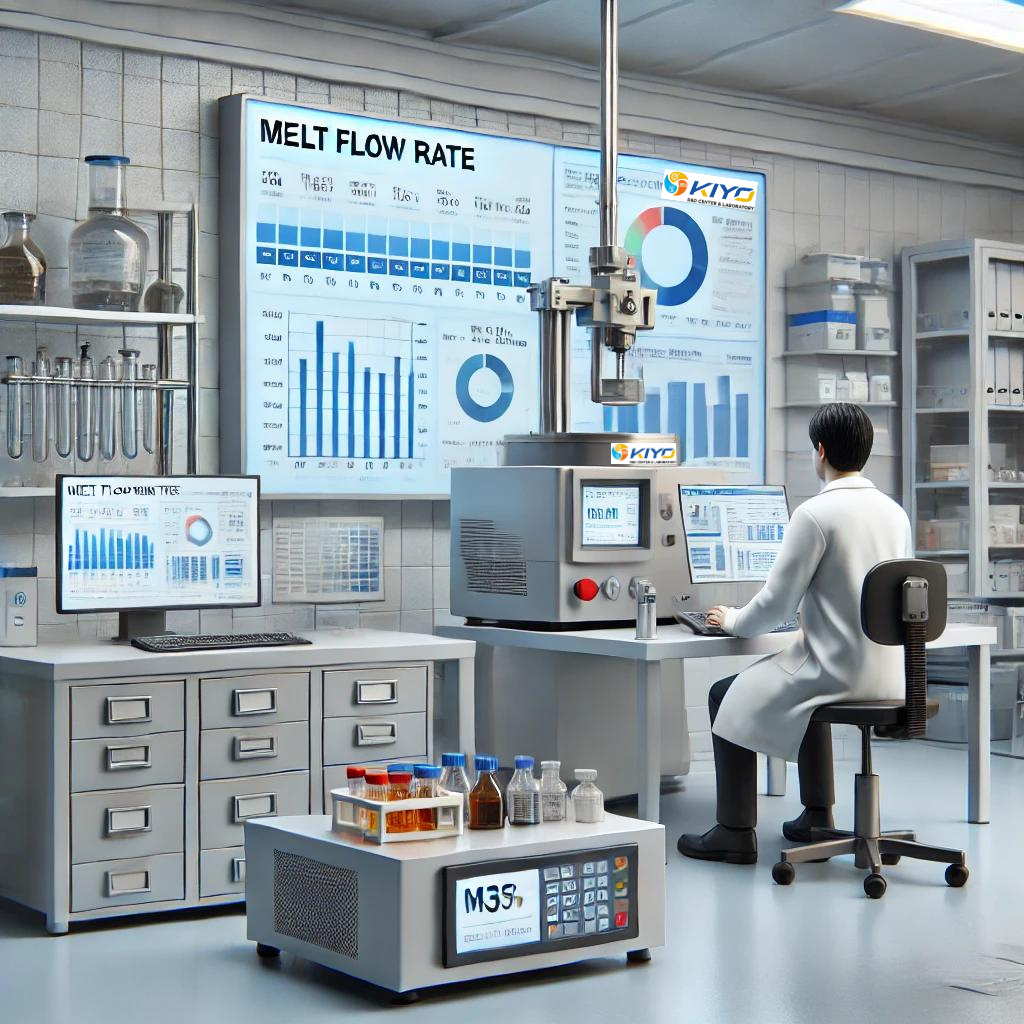In the competitive world of polymer production, ensuring optimal material performance is key. Melt Flow Rate (MFR) testing is an essential tool for achieving this, providing critical insights into the flow properties of polymers. Our advanced laboratory is dedicated to delivering top-notch MFR testing services that help industries maintain high standards of quality and efficiency.
MFR testing measures how quickly a polymer can flow when heated to a specific temperature and subjected to a defined pressure. This rate of flow is a direct indicator of the polymer’s viscosity, which is crucial for understanding how the material will behave during processing and in its final application.
The process of MFR testing involves:
MFR testing is vital across various sectors:
Our laboratory is equipped with cutting-edge technology and staffed by experienced professionals who follow rigorous testing protocols. This ensures that every MFR test we conduct is accurate, reliable, and provides actionable insights for our clients.
Melt Flow Rate (MFR) testing is a cornerstone of polymer quality assurance and performance optimization. By providing detailed data on the flow properties of materials, MFR testing enables manufacturers to produce high-quality, reliable products. Our laboratory is committed to delivering precise MFR testing services that help industries achieve their quality and performance goals.

For quotation or visit